The County Election Board for Luzerne County, Pennsylvania has filed a motion today with the Supreme Court for Justice Barrett to be recused from participating in the case.
The basis of the motion is one that has been written and talked about by pundits over the last two weeks — whether President Trump’s nomination of Judge Barrett and public statements of support which mentioned pending election law cases have created a circumstance where a prior decision of the Supreme Court, Caperton v. A.T. Massey Coal Co., which has never been overruled, would find a “due process” violation in the rights of one of the litigants in the case before the Court if she was to participate.
Basically, a nonsensical rumination by Justice Kennedy several years ago turned into a 5-4 decision involving Justice Kennedy and the four court liberals at the time — Justices Ginsburg, Souter, Breyer, and Stevens. The Court found that a West Virginia state court judge should have been disqualified from participating in a case involving a substantial campaign contributor to the Judge — West Virginia Judges are elected — when the Judge did not know the individual, nor had the judge sought out the campaign contributions in question. The inanity of Justice Kennedy’s ruling is captured in this passage:
We find that Blankenship’s significant and disproportionate influence— coupled with the temporal relationship between the election and the pending case—“‘“offer a possible temptation to the average . . . judge to . . . lead him not to hold the balance nice, clear and true.”’” …. On these extreme facts the probability of actual bias rises to an unconstitutional level.
There was no evidence of “actual bias”. It wasn’t even a case of conflicting evidence — there was none. Without any basis or standard for how this “circumstances” test — not circumstantial evidence, just circumstances –is to be applied in differing factual scenarios, the Court said the “due process” rights of the aggrieved litigant are violated by the Judge’s participation in the case. Why do I suspect there were had been no challenge if the “aggrieved” litigant hadn’t lost?
Justice Scalia, dissenting from the outcome, put it best when he wrote:
The Court today continues its quixotic quest to right all wrongs and repair all imperfections through the Constitution. Alas, the quest cannot succeed—which is why some wrongs and imperfections have been called nonjusticiable. In the best of all possible worlds, should judges sometimes recuse even where the clear commands of our prior due process law do not require it? Undoubtedly. The relevant question, however, is whether we do more good than harm by seeking to correct this imperfection through expansion of our constitutional mandate in a manner ungoverned by any discernable rule.
Luzerne County relies on the Massey Coal case in its motion to recuse Justice Barrett — fearing no doubt that she might be the fifth vote to set aside the Pennsylvania Supreme Court’s decision extending the ballot receipt deadline by 3 days, among other things.
For a few reasons, I think this motion is going nowhere. First — and I’m willing to be corrected on this issue — my understanding is that there is no mechanism within the Court’s procedures for the other eight Justices to recuse/disqualify a member from participating in a case. All Justices are equal in their right to participate. The Chief’s powers are greater, but mostly only in terms of administrative functions of the Court — not with regard to the “supervision” of other members.
So, I believe the only Justice who has to make a judgment on the “motion” is Justice Barrett herself. The obligation to recuse exists in all cases, and a “motion” — for all practical purposes — changes nothing. The Court is not ever obligated to respond with a decision.
But even on the merits, my view is that Justice Barrett will not feel an obligation to recuse. The outcome of the Massey Coal case created no standard for application in later cases. It was just an outcome for that case. The opinion mentions more than once the “extreme facts” of the case which provides all kinds of “room” to isolate the outcome in Massey Coal to the facts of that case. Less “extreme” facts, presumably, don’t create the “probability of actual bias” that animated the five liberals in reaching their outcome.
That view fits with the facts before the Court in the Pennsylvania case. Unlike the underlying case in Massey Coal, there is no direct personal interest on the part of President Trump in the outcome of the Pennsylvania case. The Petitioner is the Republican Party of Pennsylvania, and the relief sought is to have the Pennsylvania election law enforced in the upcoming election. That is in no way comparable to the Massey Coal case where the campaign contributor had an adverse judgment in a lower court already entered against his interest in the amount of $50 million.
It is complete speculation to claim that enforcement of the Pennsylvania election statutes as written would benefit or not benefit the Trump campaign. There might be evidence one way or another after the election, but prior to the election there is no way to know how the issue will play out in terms of the vote totals. The motion dances right past this subject in a manner that I think any judge would hammer a litigant over in oral argument:
“The temporal relationship between [President Trump’s nomination of Justice Barrett], the [J]ustice’s [confirmation] and the pendency of the [present] case [which is relevant to the President’s re-election campaign] is also critical.” Id. President Trump’s statements quite clearly indicate that he wanted to “choose[] the judge in his own [electoral] cause,” which Justice Barrett’s confirmation only eight days before the election and in the midst of this election case (with presumably others to follow) accomplishes the President’s goal.
The motion presumes, without proof or argument, that the outcome of the Pennsylvania case has similar implications for Pres. Trump as did the outcome of the appellate case in the Massey Coal case where $50 million was at issue. But it offers no proof — only news headlines and pundits’ comments for why they THINK that is the case.
The argument could be just as easily made that Pres. Trump’s comments amount to nothing more than his view that the Country should not have an 8 person Court — subject to 4-4 outcomes — where there is an election contest at hand that might require Court intervention to settle disputed matters. There is only one POTUS at a time, and only POTUS is authorized by the Constitution to nominate Supreme Court Justices.
So while the language of the Massey Coal case might be an interesting academic exercise, and why it has made for a bit of entertaining “lawsplaining” by the pundits in the media, it is likely of on meaningful issue with regard to the issue of whether Justice Barrett will participate in cases involving election disputes.
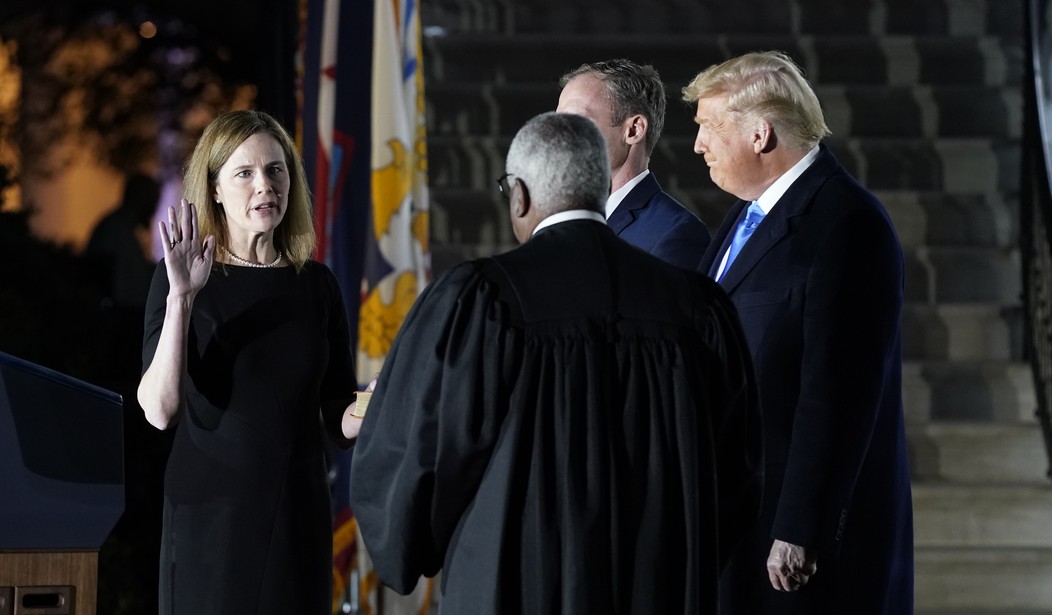


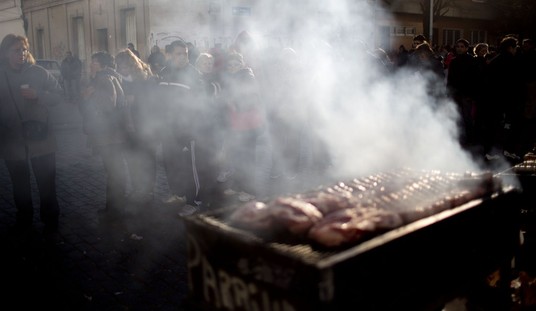


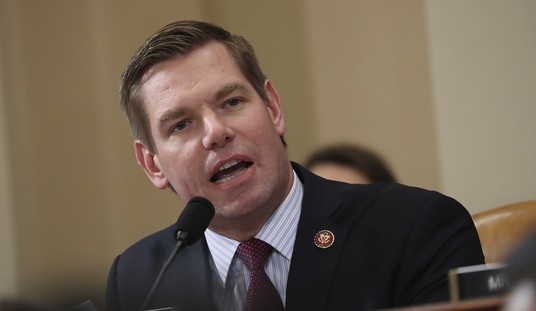
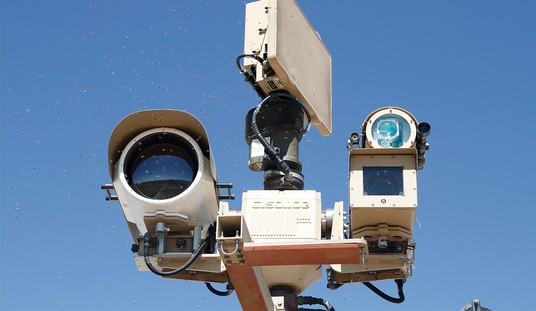




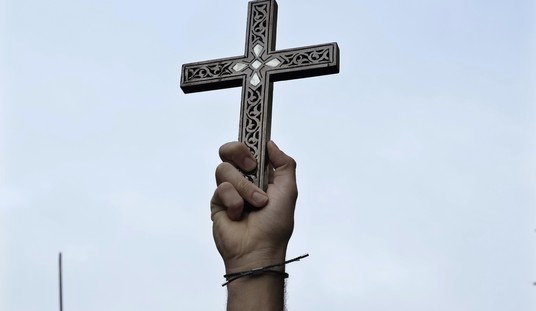

Join the conversation as a VIP Member